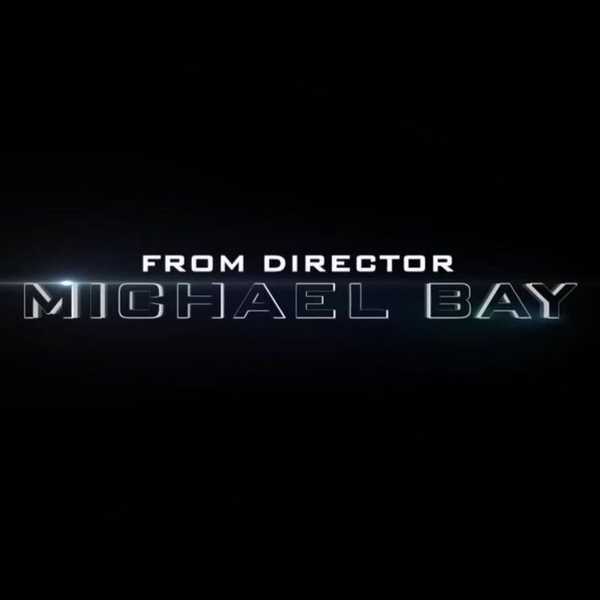Imagine a slice of blueberry pie. It entices you with its sugary blueberry preserve filling enveloped in a golden-brown crust. You yearn for that blissful bite, the pairing of the sweet blueberry on your taste buds along with the slight crisp of the pie exterior. After months of anticipation, you spend your hard-earned money on a blueberry pie. You cut a slice for yourself. This is it, your desire has become a reality. You finally take a bite of pie and you realize: this has not met your expectations. In fact, you realize that the person who made this pie mistakenly put salt in the place of sugar, so at this point, gargling battery acid seems like a good alternative. In spite of this, you search for a redeeming quality, just so you don't completely hate yourself. The pie crust is fine, but it's sort of hard to screw that up. This is exactly what the 2016 summer movie season was like: The aesthetics and marketing enticed and invited us, but as we took our metaphorical bites into these metaphorical fillings, they sorely disappointed, over and over and over again.
Hollywood's intractable adherence to a summer blockbuster "formula" has been the primary culprit for this lackluster summer movie season, and since so much time and effort is put into the components of this "formula," admittedly, these are best things about these movies (the decent pie crust that surrounds the filling). The focus is on the visual, structural, and nostalgic dimensions that are, of course, used to draw the audiences into the theater. Now, there is probably no literal "formula" where your friendly neighborhood mathematician can crunch numbers to come out with a product; instead, the said formula seems to take the form of a checklist, as evident by various trends and similarities between the multimillion dollar extravaganzas that have been released as sorry excuses for entertainment.
Despite being released in March of this year, "Batman v Superman: Dawn of Justice (with a dash of Wonder Woman, a pinch of Martha, and a jar of Granny's Peach Tea)" started off the summer movie season on the worst possible foot, and it perfectly encapsulates this focus on visual splendor, structural banalities, and nostalgic allure. "Batman v Superman" boasts visual proficiency and eye-catching visual effects, as is the forte of director Zack Snyder, and this speciality played into the respective formulaic interest(s). The heavily clichéd and action-packed final act with the threat of world destruction is also present, whose scale and grandeur are supposed to put audiences at the edge of their seats. Of course, the ubiquitous appeal of Batman and Superman made popular by comic books, previous movies, and other mass media is central to attracting audiences, including me.
"Independence Day: Resurgence," released in mid-June, also seems to hit these same formulaic beats. Grand visuals and ostentatious computer-generated imagery flood every inch of the frame. The final act attempts to move emotionally with the potential destruction of mankind, checking off the box next to "Trite and Rehashed Final Act." As a sequel to the far superior "Independence Day," it reeks of nostalgic manipulation and ends up having none of the charisma nor the emotional heft of its predecessor. The visual and the admittedly clichéd "final act" aspects are done well in both, as they moderately engage, while nostalgia acts as a marketing tool. However, the charm associated with these is fundamentally ephemeral.
It is the content and the substance (a delicious and unsalted pie filling) that makes a truly memorable and great summer movie blockbuster, and the attention to the superficial ephemera associated with some arbitrary conception of what audiences want greatly undermines what should be first and foremost. This is what has plagued most of this year's summer movies. In this year's "Suicide Squad," action scenes and CGI spectacle took precedence over character development and narrative cohesion. Great summer blockbusters are not remembered only for their visuals and sporadic bursts of enjoyment; it is the confluence of strong direction, a great script, and interesting characters in tandem with engaging visuals that distinguish movies like "The Dark Knight" from "Batman v Superman," and the original Bourne Trilogy from "Jason Bourne." Strong content prompts full audience engagement, which in turn, creates long-lasting memories, moves emotionally, and/or influences perspectives.
The relatively low box office turnout this summer is also reflective of a disappointing summer movie season. A reaffirmation of substance is sorely needed in the industry to create better summer movie seasons in the future. Perhaps this is too much to ask. One hopes not.




















